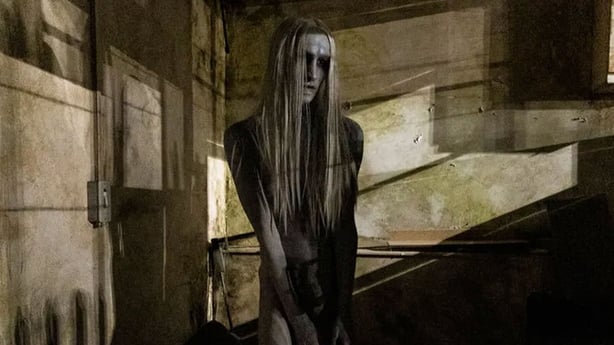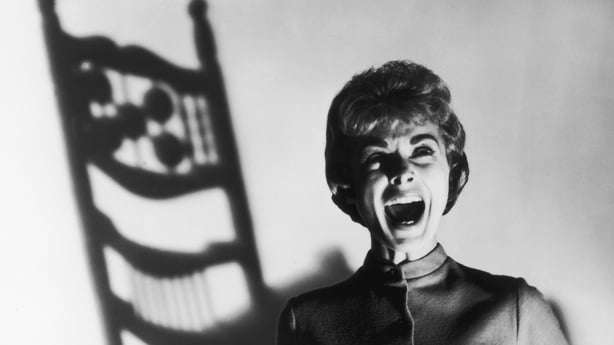Ever fancied having a bash at a movie or TV script? In a new series, acclaimed filmmaker Paul Duane tells you everything you need to know about writing for the screen...
Basic Screenwriting Principles, Part 3
In the first two pieces from this series, I wrote about how a good story structure will give you the right ingredients to keep the situation changing and evolving, never static for long, and that you can use this constant state of conflict to develop the audience's understanding of your characters, because the best way to show what a character is made of is to show them coming up against a problem, the more difficult the better.
Within the overall structure of the story you are telling, there are a number of other elements you should try to pay attention to, which will add the all-important depth and complexity that a good script needs.

EMOTION
Film is much better at evoking emotions than it is at conveying ntellectual abstractions. Emotion is what hooks us into a film. You need to identify what primary drives your characters have, and figure out how to make those drives tangible for your audience.
You can get away with all sorts of logical flaws, what the internet detectives call 'plot holes', if your audience is sufficiently invested in the characters. Hitchcock referred to these as 'fridge moments’ – you get up in the middle of the night to go to the fridge for a snack and suddenly realise something in the film you watched and enjoyed couldn’t logically happen. He said they were irrelevant – they only occur to the viewer long after the film is over, if the film has been correctly constructed.

EXPOSITION
If you want to tell your protagonist something, you need to find a way to make it interesting to the audience. Dialogue scenes can be just as tense as scenes with guns. What’s important is the power balance in the scene and how the audience perceives it.
REVERSAL
The turning of the tables. A role reversal, or a revelation that changes the character’s relationships to each other. OR... Something is revealed to the audience that changes the situation, while the characters remain ignorant. The reversal is a key tool of most storytelling, seen at its most basic form in the joke, which leads your expectations in one direction before, hopefully amusingly, frustrating them.
THE TIP OF THE SPEAR
A strong story is apt to simplify itself and to create a rise in tension as it nears the end. As you move into the final section, the story should be shedding – not complicating – characters and plot elements. The core story should be all that remains. Introducing new characters or information past a certain point (unless it’s a big twist like the opening of the ark of the covenant in Raiders Of The Lost Ark) is not a good idea, unless they serve to basically end the story, as the Raiders example does.
THE ENDING
Don’t start writing your script if you don’t have at least a vague idea of how it will end. This can be worked out at outline stage of course but for me the earlier the better in the process – I find it difficult to start writing something seriously unless I have the ending sketched out in my head
NEGATIVE SPACE
This is something that I believe applies strongly to the horror movie but can also be applied to conventional drama – removal of narrative elements, so that they are still there ‘under the surface’ but not seen by the audience, to create a ‘lean forward’ in the audience. You see it a lot in the work of Paul Thomas Anderson.
THE SUBCONSCIOUS
Allow the subconscious mind to work on the problems. Give yourself breaks. Don’t worry away at it. Inspiration comes when you have given plenty of thought to what the problem is and then you put it out of your mind. Try to achieve a relaxed, but alert, mental state.
THE TREATMENT
You don’t have to go straight to script. You can write a detailed prose outline of the sequence of events – a treatment. If you are worried you aren’t a good dialogue writer, it’s one way to get your story started - then once it’s on paper, in its most basic form, you may find a collaborator to work with you.
DISCPLINE & PRACTICE
Work at it every day. Don’t leave it unfinished, even if you aren’t happy with the way it reads. A finished script is something that can be rewritten, an unfinished script is just a reproach. No matter what, finish the script! And good luck with it, because getting it made is a matter of extraordinary luck, willpower and collaboration. Pretty much every film is a miraculous achievement.
To be continued...
